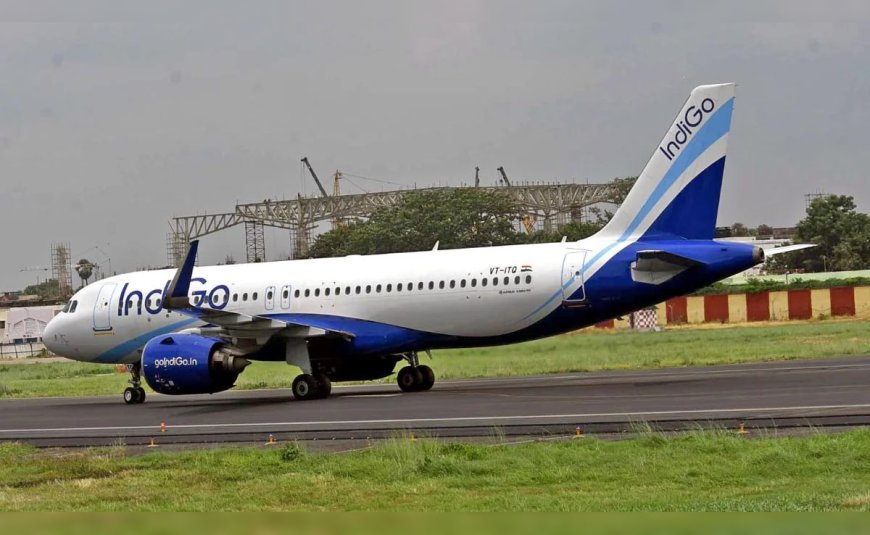Indian Airlines Brace For Higher Costs, Detours After Ban From Pakistan Airspace
Top Indian airlines Air India and IndiGo are bracing for higher fuel costs and longer journey times as they reroute international flights after Pakistan shut its airspace to them amid escalating tensions over a deadly militant attack in Kashmir.

Indian Airlines Brace For Higher Costs, Detours After Ban From Pakistan Airspace
In an unprecedented move, the Indian aviation sector is facing significant challenges as Pakistani authorities enforce a ban on Indian airlines using their airspace. This decision is expected to lead to increased operational costs and potential detours for various routes, ultimately affecting the pricing of air travel for consumers. News by dharmyuddh.com.
The Implications of the Ban
The restriction on Indian airlines utilizing Pakistan's airspace means that carriers will have to reroute their flights, which could result in longer travel times and increased fuel consumption. This not only impacts the airlines financially but also poses inconveniences for passengers. Airlines are currently assessing the cost implications and strategizing on how best to mitigate these challenges.
Cost Increase and Pricing Strategies
As airlines are forced to take longer paths around the banned airspace, operational costs will inevitably rise. The price of jet fuel, the cost of additional crew hours, and aircraft maintenance are all factors that contribute to this financial burden. Airlines might pass these costs onto consumers, making air travel more expensive for the average traveler.
Alternatives and Re-routing Strategies
In response to the airspace restrictions, airlines are exploring alternative routes. These detours may include traversing around geographic landmarks or adjusting flight schedules to minimize delays. While rerouting may add overheads, airlines are also prioritizing maintaining their service standards to ensure a satisfactory travel experience for passengers.
Industry Responses and Future Outlook
Airline executives have expressed their concerns regarding the impact of this airspace ban. The industry is calling for diplomatic discussions between the two nations to resolve the situation amicably. While some analysts predict a short-term disruption, the long-term effects will depend significantly on geopolitical developments in the region. The aviation sector must remain resilient and adaptable to navigate these tumultuous waters.
For more updates on aviation and industry news, visit dharmyuddh.com.
Conclusion
The ban from Pakistan airspace presents a complex challenge for Indian airlines, compelling them to adapt quickly to maintain operational efficiency and customer satisfaction. As the situation continues to evolve, the industry's response will be crucial in determining its resilience in the face of rising costs and operational hurdles. News by dharmyuddh.com. Keywords: Indian airlines news, Pakistan airspace ban, aviation costs, flight detours India, impact on travel India, airlines operational challenges, insurance costs airlines, Indian aviation sector updates, geopolitical impact aviation, air travel pricing strategies.







